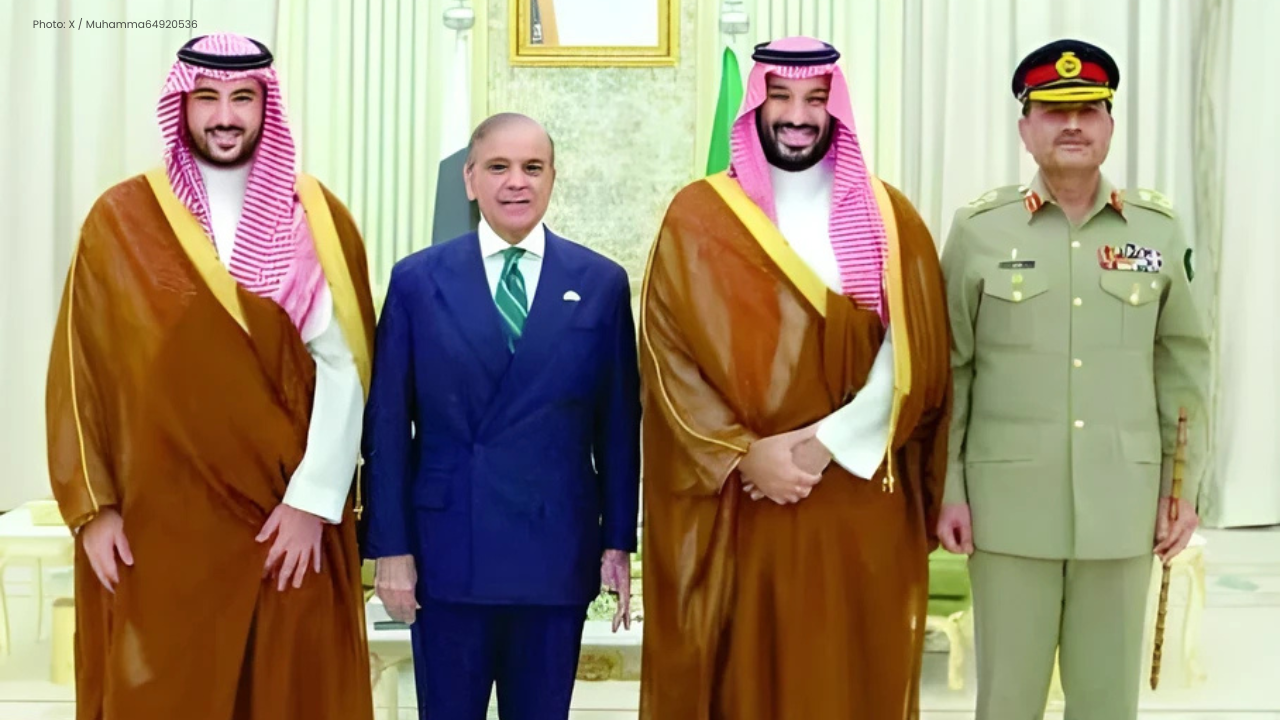
Post by : Naveen Mittal
Saudi Arabia and Pakistan have signed a landmark defense agreement that analysts say could reshape Middle East security and raise new nuclear concerns. The deal, known as the “Strategic Mutual Defense Agreement,” was signed on Wednesday and is seen as a partnership that combines Saudi Arabia’s vast financial resources with Pakistan’s large, nuclear-armed military.
While officials insist the pact is defensive and not aimed at aggression, the shadow of nuclear capability looms in the background. Pakistan is the only Muslim country with nuclear weapons, and Riyadh may view this pact as providing it with an indirect nuclear shield. The development is drawing close attention from Israel, Iran, India, and the United States.
According to Pakistan’s statement, the agreement states that “any aggression against either country shall be considered an aggression against both.” In simple terms, if one country is attacked, the other will stand with it militarily.
Pakistani Defense Minister Khawaja Muhammad Asif clarified that nuclear weapons were “not on the radar” of this deal. He emphasized that the agreement could also be extended to other Gulf countries and that it would only be activated if either side is threatened. “We have no intention of using this pact for aggression,” he said.
However, a senior Saudi official hinted that the deal covers “all military means,” suggesting Riyadh may interpret it as including nuclear protection.
Saudi Arabia has long said that if rival Iran develops nuclear weapons, it would seek to match that capability. The Kingdom also views Israel as a direct threat, especially after Israel’s recent strikes on Qatar.
Israel, widely believed to be the only nuclear power in the Middle East, has not officially confirmed or denied its arsenal. But the Saudi-Pakistan deal could add to Israel’s worries, especially as it shifts regional military balances.
India, Pakistan’s main rival, is also watching carefully. On Thursday, India said it would “study the implications of this development for our national security as well as for regional and global stability.”
Iran, another regional power, may also see this agreement as a move against its influence in the Gulf.
Pakistan is the only Muslim-majority nation with nuclear weapons. It has fought three wars with India and maintains missiles capable of hitting targets deep inside Indian territory. Although Pakistan says its arsenal is solely aimed at India, experts note that its longest-range missiles could theoretically reach Israel.
Adil Sultan, a former officer in Pakistan’s Strategic Plans Division, said: “Israel was never comfortable with Pakistan’s nuclear weapons. But this capability is modest and meant only for India.”
The United States has previously expressed concern about Pakistan developing longer-range missile systems that could reach beyond South Asia. Pakistan has denied those claims.
The deal is also about more than defense—it has deep economic roots. Saudi Arabia has long supported Pakistan financially, most recently with a $3 billion loan. Prime Minister Shehbaz Sharif thanked Crown Prince Mohammed bin Salman for his “keen interest in expanding Saudi investments, trade, and business ties.”
Pakistan, with an army of more than 600,000 soldiers, struggles to compete with India’s defense budget, which is at least seven times larger. Analysts say Saudi money could help Pakistan modernize its military and reduce that gap.
Mushahid Hussain, a former Pakistani senator, said: “Pakistan has the military capability and, in turn, what we get is economic strengthening. Pakistan is the new strategic option for these Gulf nations.”
For decades, Gulf Arab states relied on the United States for security guarantees. But growing doubts about U.S. commitment to the region have led Saudi Arabia to look for new partners.
“Events have underscored the limitations of relying solely on external protection, especially from the United States,” said Abdulaziz Sager, head of the Gulf Research Center.
Hasan Alhasan, a senior analyst in London, explained: “From the Saudi perspective, this deal plugs the gap in deterrence against nuclear-armed Israel.”
The pact may bring stability for Riyadh and Islamabad, but it also risks inflaming tensions with India, Iran, and Israel. For India, the agreement raises fears of stronger military coordination between Pakistan and Saudi Arabia. For Israel, the worry is that the deal could indirectly create a nuclear balance in the Middle East.
The United States and Europe, too, are concerned about further militarization in an already volatile region. With the Gaza conflict ongoing and talks over Palestinian statehood stalled, Saudi Arabia has made it clear it will not normalize relations with Israel until a political solution for Palestinians is reached.
Pakistan has had small troop deployments in Saudi Arabia for years, but this agreement signals a far greater role in Gulf security. For Pakistan, this is not only about defense—it is also about asserting itself as a pan-Islamic power capable of shaping events in the Middle East.
Maleeha Lodhi, Pakistan’s former ambassador to Washington, said: “For Pakistan, the power projection into the Middle East is huge, even though it has inserted itself into a volatile region.”
The Saudi-Pakistan defense pact represents a major shift in regional alliances. While the agreement does not officially include nuclear weapons, the perception that Riyadh may now have indirect access to Pakistan’s nuclear shield is already stirring debate and concern worldwide.
For Saudi Arabia, it means stronger defense ties in uncertain times. For Pakistan, it means economic lifelines and a bigger voice in Middle Eastern affairs. But for the region, it could mean a new layer of instability in an already tense environment.
#saudiarabia #pakistan #defensepact #middleeast #nuclear #security #geopolitics #israel #iran #india
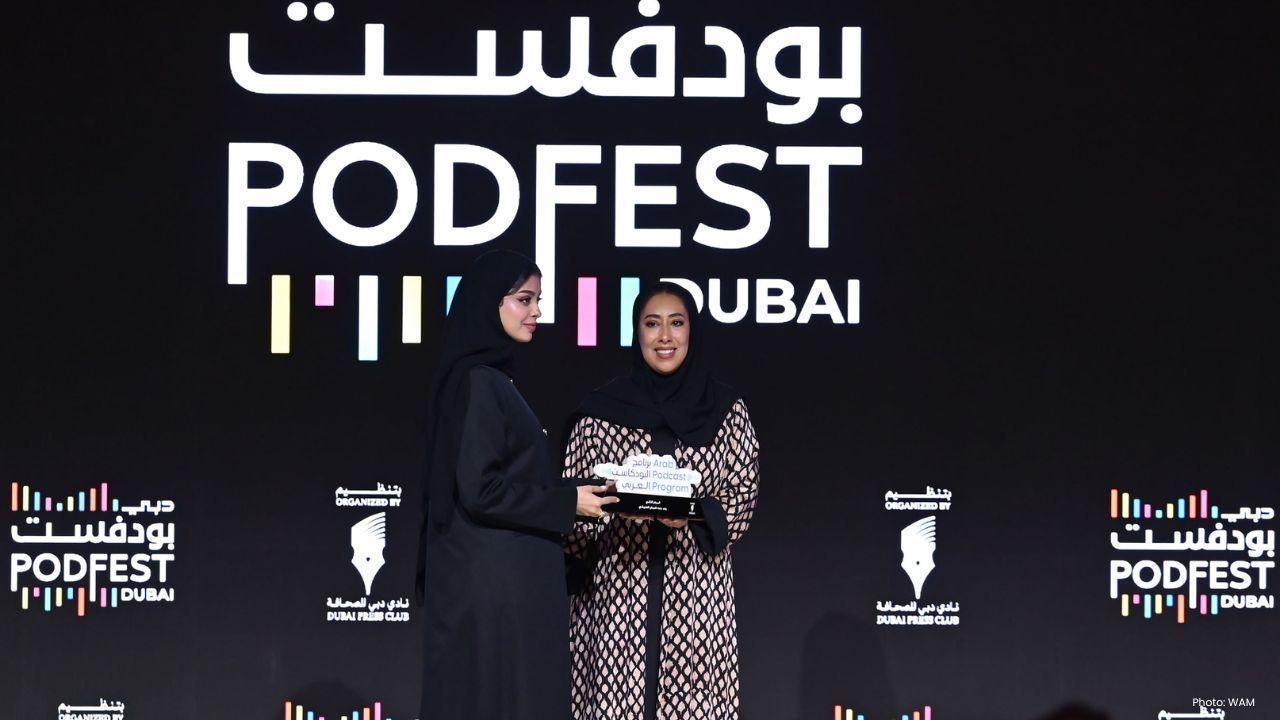

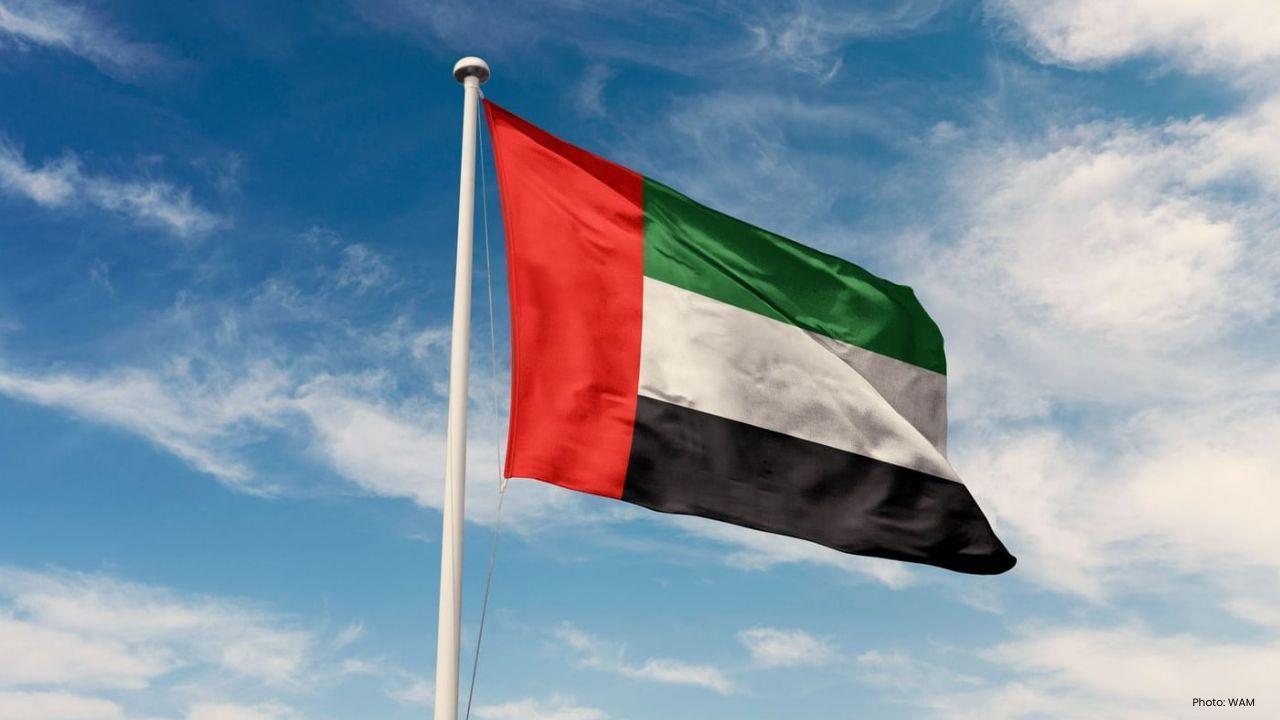
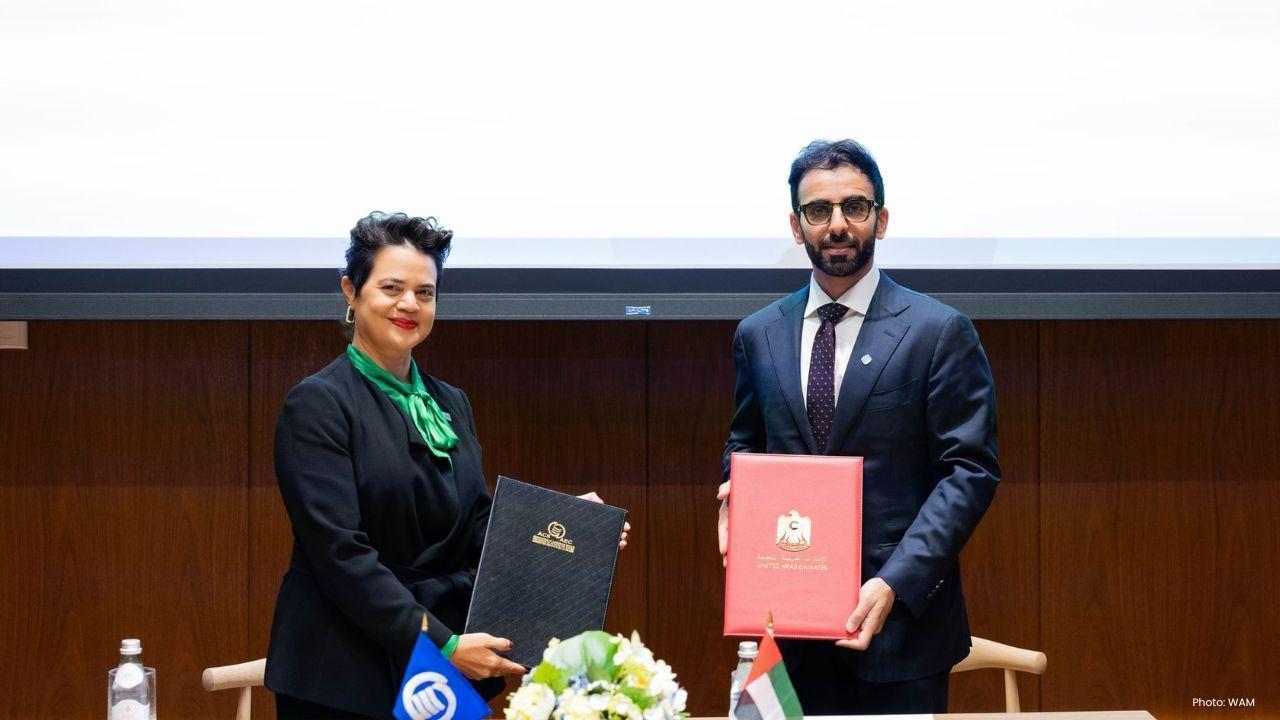
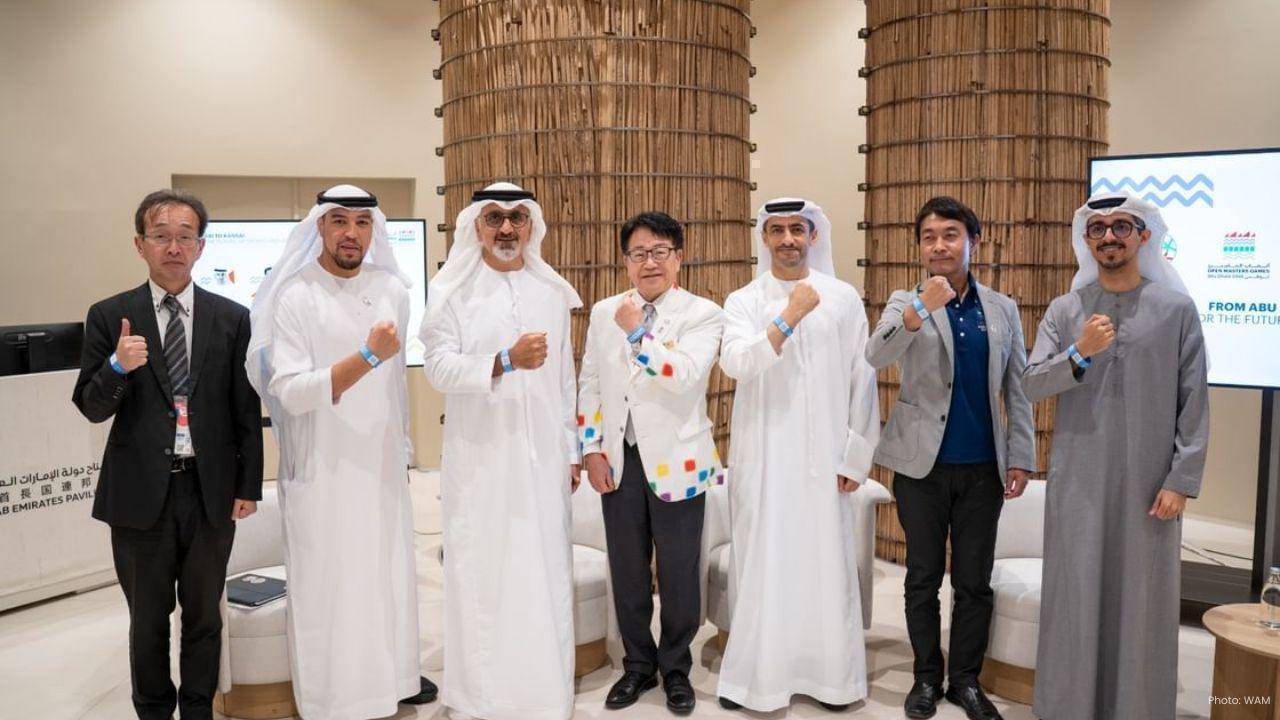

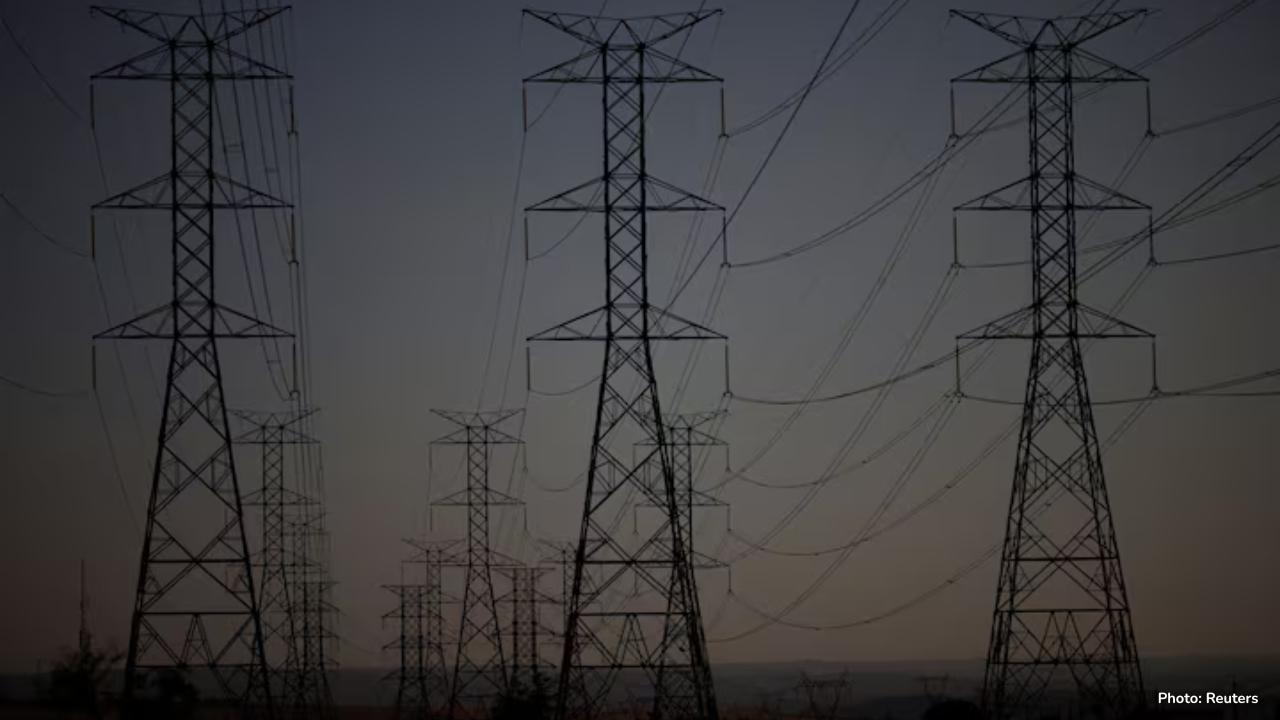
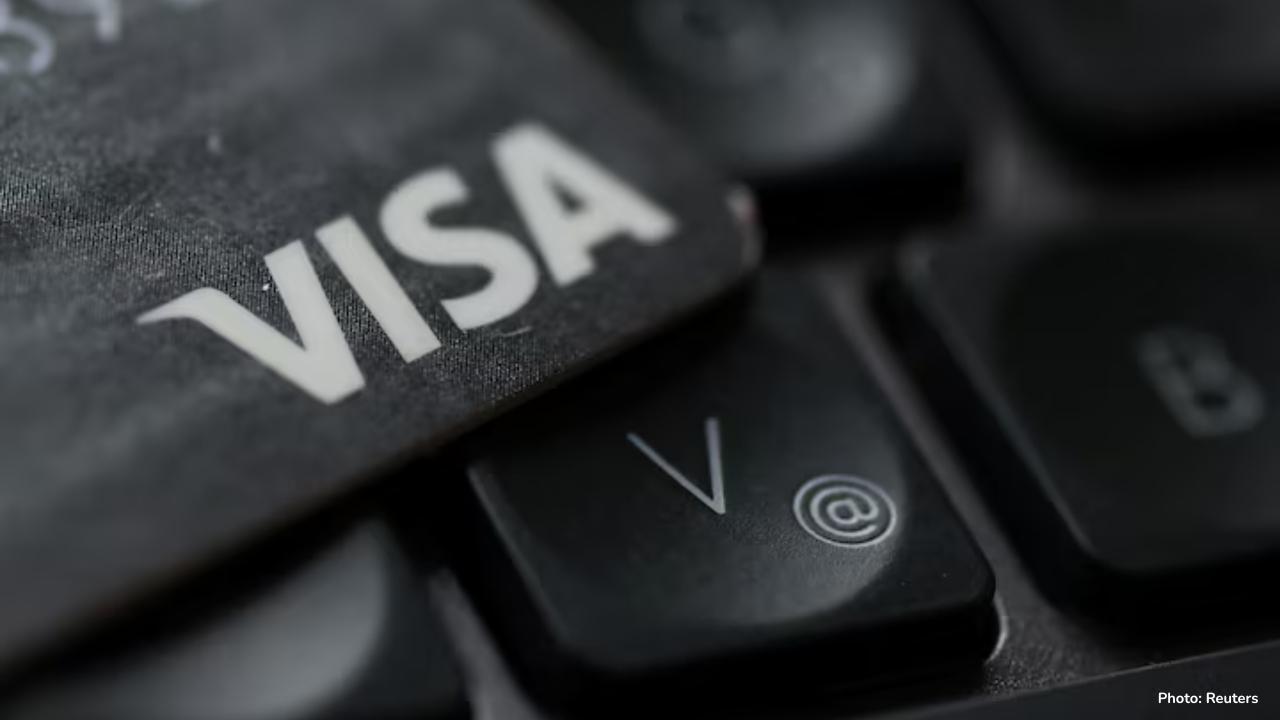
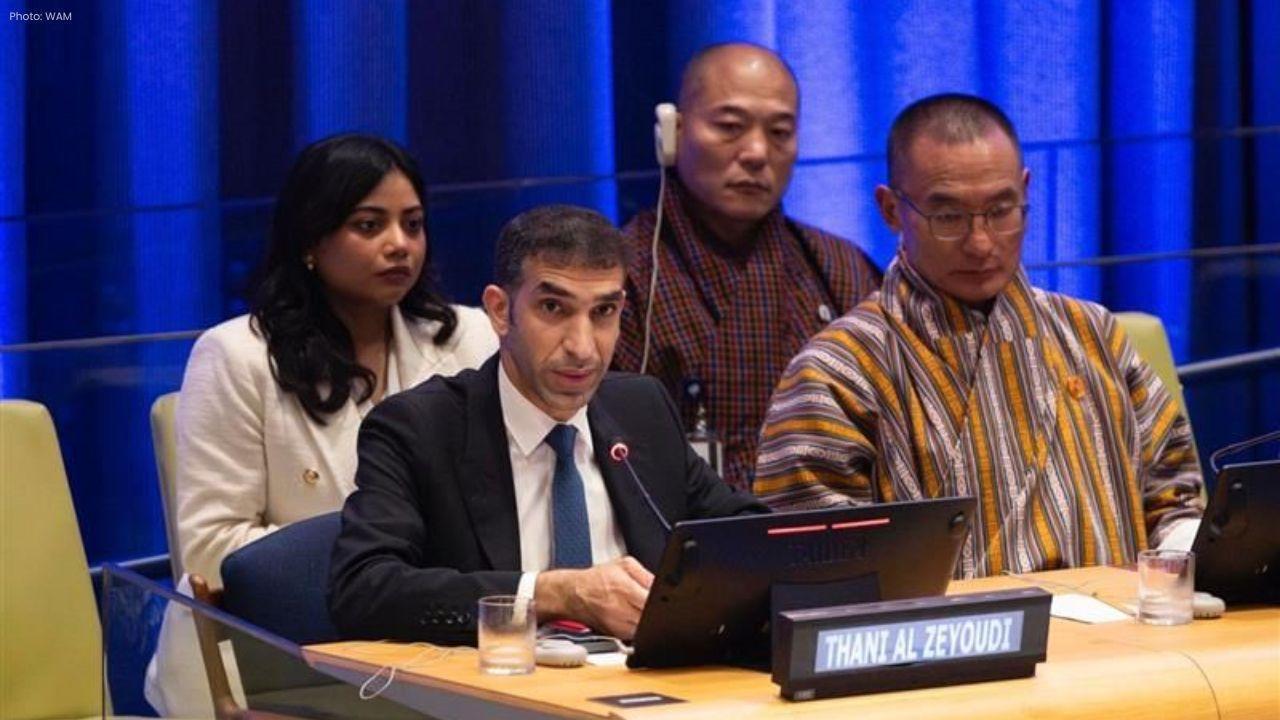

OpenAI's Revenue Soars to $4.3 Billion in First Half of 2025
OpenAI's revenue reaches $4.3 billion in the first half of 2025, marking a 16% increase from the pre

UAE Leaders Send Condolences to Saudi King Over Princess Abta's Death
UAE rulers and crown princes sent heartfelt messages to King Salman, mourning the passing of Princes

Brazil's Surplus Clean Energy Attracts Crypto Miners
Brazil's excess renewable energy is luring cryptocurrency miners. Companies like Tether and Renova E

Visa Tests Stablecoins to Make Global Payments Faster
Visa is testing stablecoins for international payments, aiming to speed up transactions and reduce t

Opera Unveils Neon AI Browser for Smarter Web Browsing
Opera introduces Neon, an AI-powered browser that automates tasks and enhances privacy, aiming to re

Albanese Visits Sheikh Zayed Grand Mosque in Abu Dhabi
Australian PM Albanese tours Sheikh Zayed Grand Mosque, highlighting peace, tolerance, and cultural